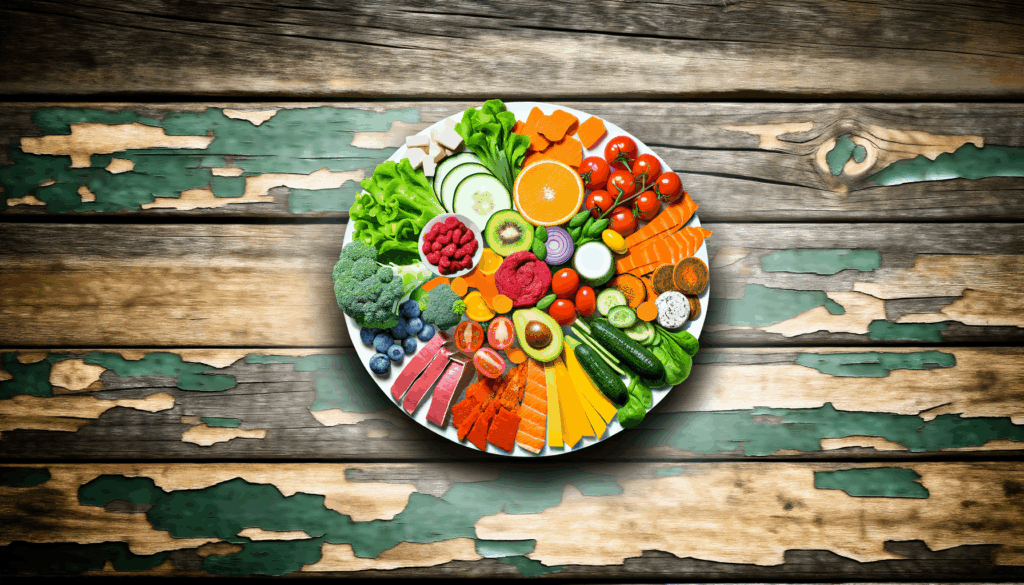Understanding the Importance of Nutrition in Postpartum Recovery
Bringing a new life into the world is a profound and life-changing experience, filled with joy, challenges, and significant physical transformations. As a new mother, prioritizing your own health is crucial to ensure both you and your baby thrive. Two critical components of postpartum wellness are proper nutrition and hydration.
### The Role of Hydration
Hydration is essential for several reasons during the postpartum period.
Adequate hydration supports breast milk production, as breast milk is approximately 90% water. Drinking a glass of water each time you breastfeed can help meet your daily hydration needs effortlessly[1).
Hydration also aids in physical recovery, particularly after the physical exertion of childbirth or surgical procedures like C-sections. Keeping a reusable water bottle nearby throughout the day can serve as a reminder to drink regularly[1).
Moreover, staying hydrated helps regulate mood and energy levels. Dehydration can lead to fatigue, irritability, and mood swings, making it important to incorporate hydrating foods like cucumbers, watermelon, and oranges into your diet[1).
Hydration is also vital for digestive health, as postpartum constipation is common due to hormonal changes and reduced physical activity. Pairing hydration with fiber-rich foods can optimize digestive health[1).
### Nutritional Needs for Postpartum Mothers
#### Caloric Intake
Breastfeeding mothers require an additional 450-500 calories per day above their pre-pregnancy maintenance levels. This extra energy is necessary to support milk production and the mother’s overall recovery. Focusing on nutrient-dense foods rather than empty calories is key. Whole grains, lean proteins, and healthy fats are excellent choices.
#### Essential Nutrients
– **Protein:** Crucial for tissue repair and muscle health. Include sources like chicken, fish, beans, and nuts in your diet.
– **Calcium:** Supports bone health for both mother and baby. Incorporate dairy products, fortified plant-based milks, and leafy greens.
– **Iron:** Replenishes blood lost during childbirth. Consume red meats, lentils, and fortified cereals.
– **Omega-3 Fatty Acids:** Vital for the baby’s brain development and may help reduce postpartum depression. Sources include salmon, flaxseeds, and walnuts.
#### Vitamins and Minerals
– **Vitamin D:** Supports bone health and immune function. Sun exposure and fortified foods are primary sources.
– **B Vitamins:** Aid in energy production and brain health. Found in whole grains, meats, and eggs.
### The Dilemma of Calorie and Macro Tracking
While tracking calories and macronutrients can be a helpful tool for some, it is not necessarily the best approach for postpartum and breastfeeding mothers.
Obsessive calorie and macro tracking can be time-consuming and overwhelming, adding unnecessary stress to an already demanding schedule. It can also lead to unhealthy fixation and potentially trigger disordered eating patterns, which could negatively impact milk supply[2).
Instead, focus on nourishing your body with nutrient-dense, whole foods. Eating a diverse range of fruits, vegetables, lean proteins, healthy fats, and whole grains will provide your body with the essential nutrients it needs to support postpartum recovery, milk production, and overall well-being[3).
### Practical Tips for Busy New Moms
#### Meal Prepping
Having ready-to-eat nutritious meals can alleviate stress and ensure consistent nourishment. Prepare and freeze meals ahead of time or consider meal delivery services specializing in healthy options.
#### Snack Smart
Frequent, small meals can help maintain energy levels. Keep healthy snacks like yogurt, nuts, and fresh fruit accessible.
#### Stay Hydrated
Between feeding, changing, and soothing your baby, it’s easy to forget to drink water. Set reminders on your phone or use apps that track water intake to stay hydrated.
#### Listen to Your Body
Your body often signals what it needs. Hunger, thirst, and fatigue are cues to rest and refuel. Prioritize self-care by responding to these signals promptly.
### Addressing Common Concerns
#### Weight Loss
While shedding pregnancy weight is a common goal, strict weight-loss programs are not recommended during the first few months of breastfeeding. A slow and steady approach with a small to moderate calorie deficit, paired with an exercise routine once approved by your healthcare provider, is the best way to lose weight while breastfeeding.
### The Best Foods to Eat After Having a Baby
Focus on nutrient-rich foods such as whole grains, lean meats and proteins, fresh fruits and vegetables, low-fat dairy, nuts, and beans. These foods provide the necessary calories, vitamins, and minerals for both you and your baby.
### Using Tools for Nutrition Tracking
For those who find it helpful to track certain nutrients, tools like the Lifesum app can be beneficial. These apps help you keep track of your daily nutrition in a quick and easy way, ensuring you don’t fall behind on the nutrients you need.
### A Balanced Approach to Nutrition
While obsessive calorie and macro counting may not be ideal, there can be value in tracking certain nutrients for a short period. For example, tracking your protein intake for a few days can help ensure you’re meeting your increased needs for milk production and postpartum recovery. Similarly, monitoring your fiber intake can help maintain regular digestion and prevent constipation.
### Conclusion and Next Steps
In conclusion, postpartum nutrition is a critical aspect of maternal health and breastfeeding support. By focusing on whole, nutrient-dense foods, staying hydrated, and listening to your body’s cues, you can ensure a healthy recovery and optimal milk production.
For more detailed guidance on nutrition and calorie intake, consider using resources like the Calorie Calculator Cloud to help you determine your specific nutritional needs. Additionally, exploring meal plans and recipes tailored for postpartum and breastfeeding mothers can provide valuable insights and practical tips.
Remember, your body is incredible, and it knows what it needs. Trust it, nourish it, and be kind to yourself throughout this incredible journey of postpartum and breastfeeding. If you’re looking for more structured plans, you can also review the Calorie Calculator Plans to find a solution that suits your needs.








